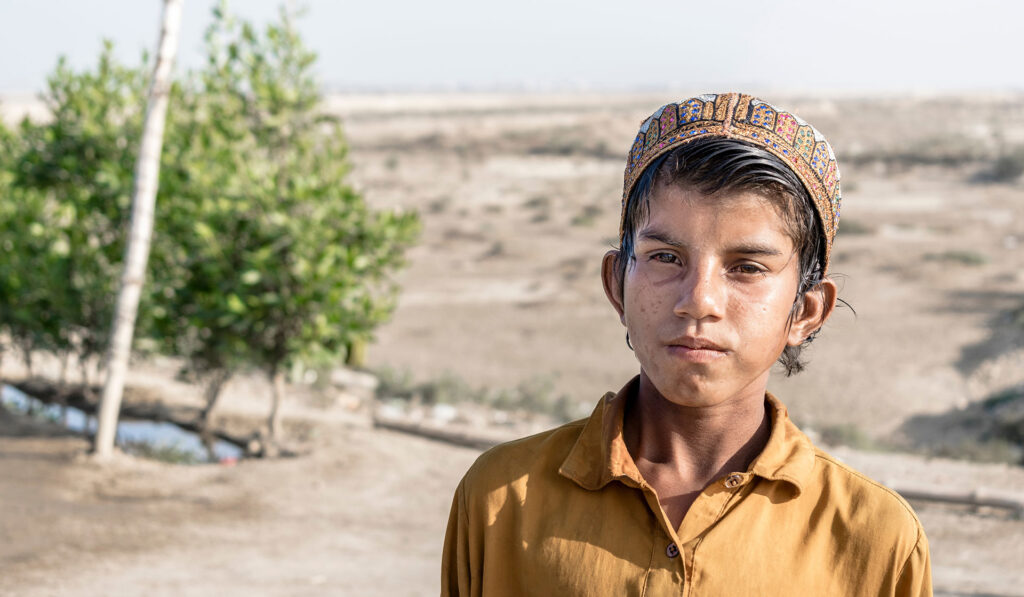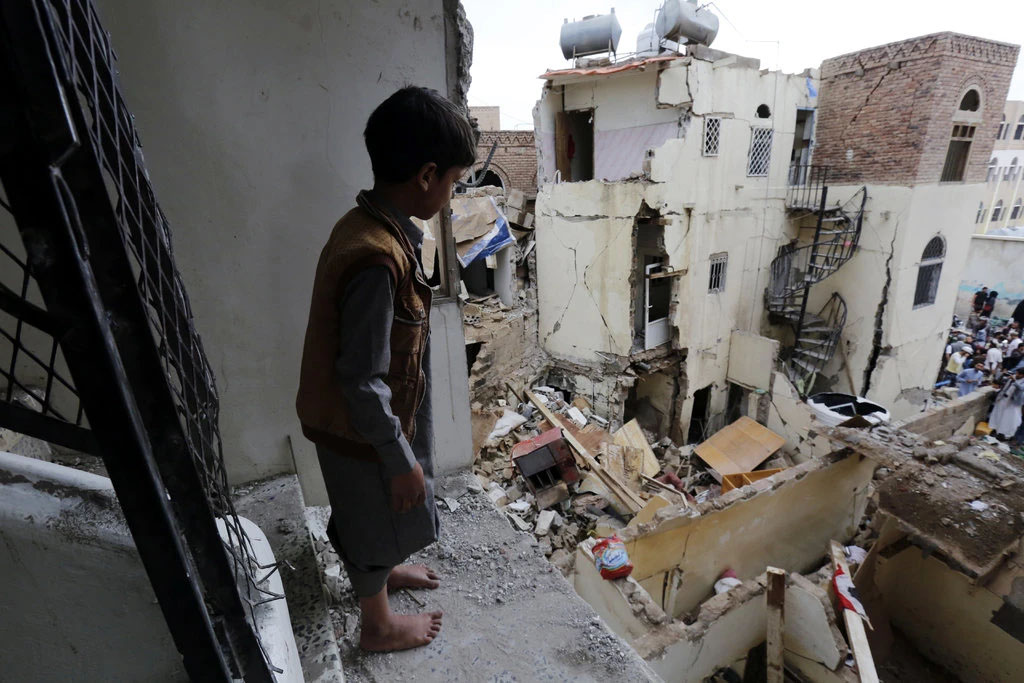
CONFLICTOS
AFGHANISTAN
If you believe that in the face of war, the lives of the most vulnerable must be protected, you are one of us.
CONTEXT
Afghanistan has experienced multiple coups, foreign invasions by both the Soviets and the Americans, civil wars, and the rise of radical Islamic groups such as the Taliban and ISIS-K. Specifically, the Taliban regained control after the withdrawal of international forces in 2021, reigniting longstanding tensions and challenges related to governance, human rights, and security.
The country remains in a state of deep instability and humanitarian crisis, with an uncertain future that largely depends on how the relationship between the Taliban Emirate, the Afghan population, and the international community evolves.

Evolution
- Violence persists. On one hand, there is political repression by the Taliban. On the other, insurgent and terrorist groups such as the Islamic State Khorasan Province (ISIS-K) continue to carry out attacks.
- The rights of women and girls have been drastically curtailed, effectively erasing them from society. They are banned from secondary and university education, cannot speak in public, and are even forbidden from looking out of windows.
- International aid was reduced or made conditional, worsening food insecurity and internal displacement, as well as increasing the number of refugees fleeing to neighboring countries such as Pakistan and Iran.

